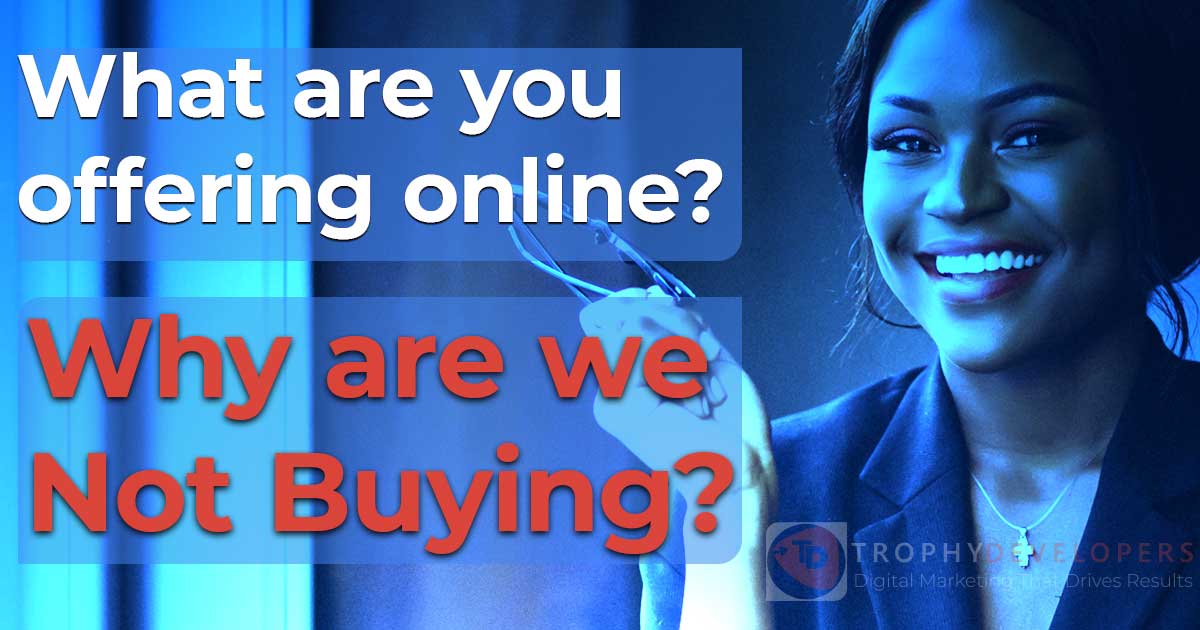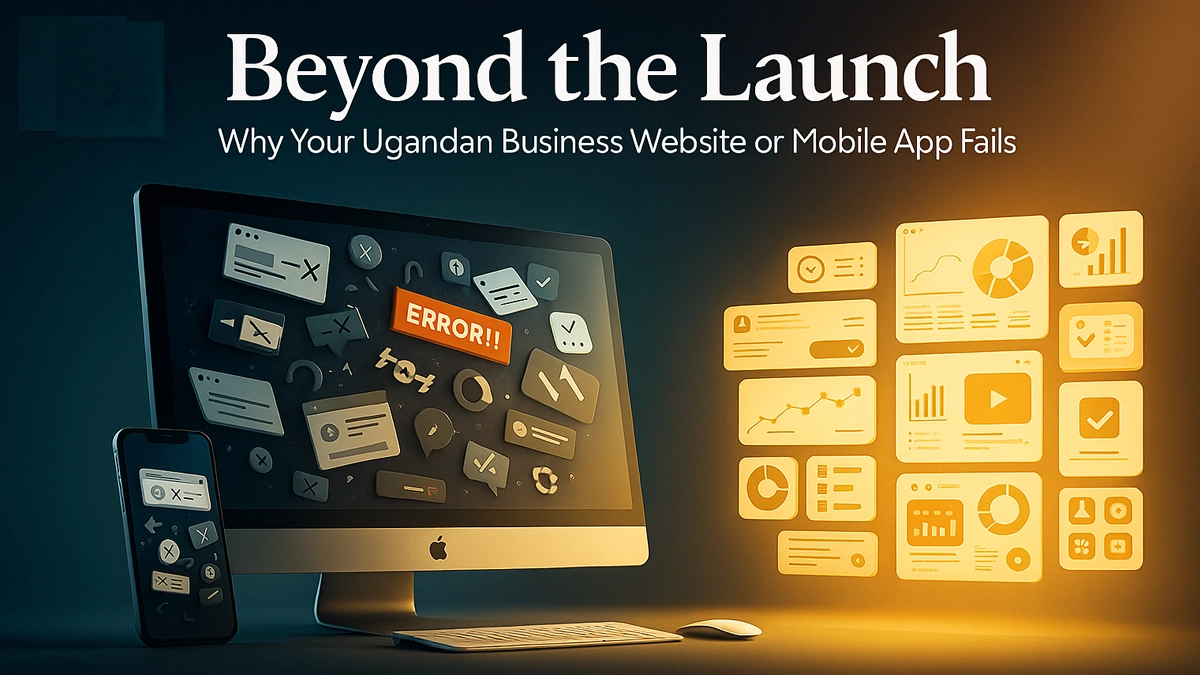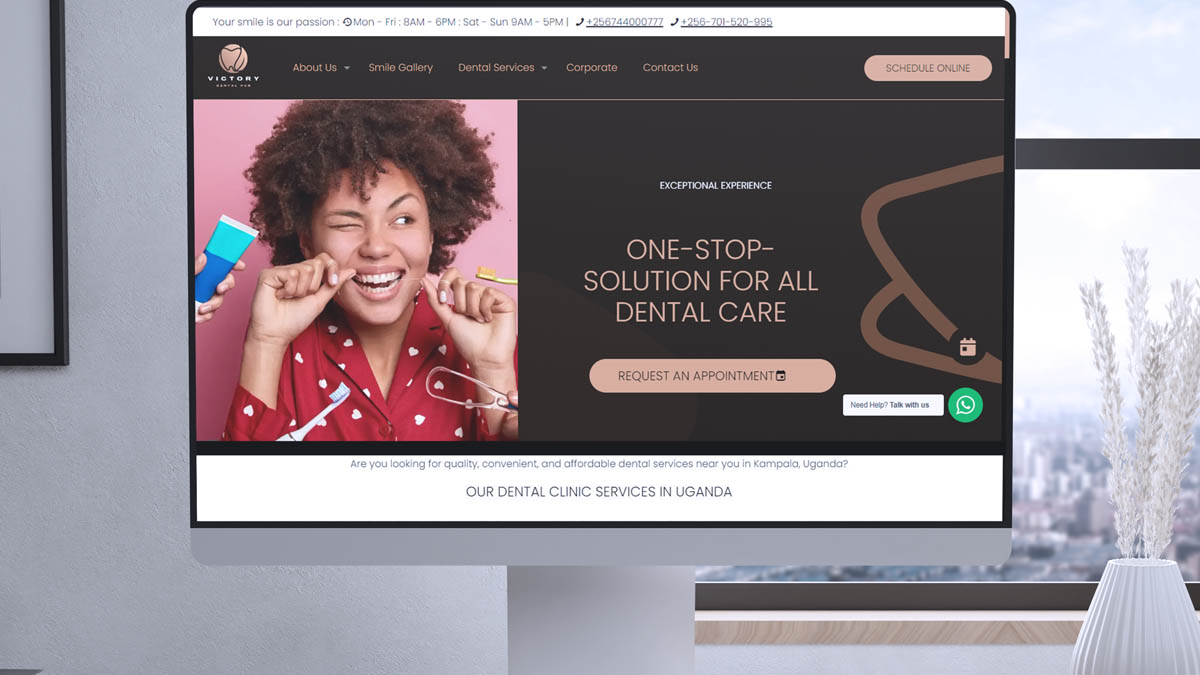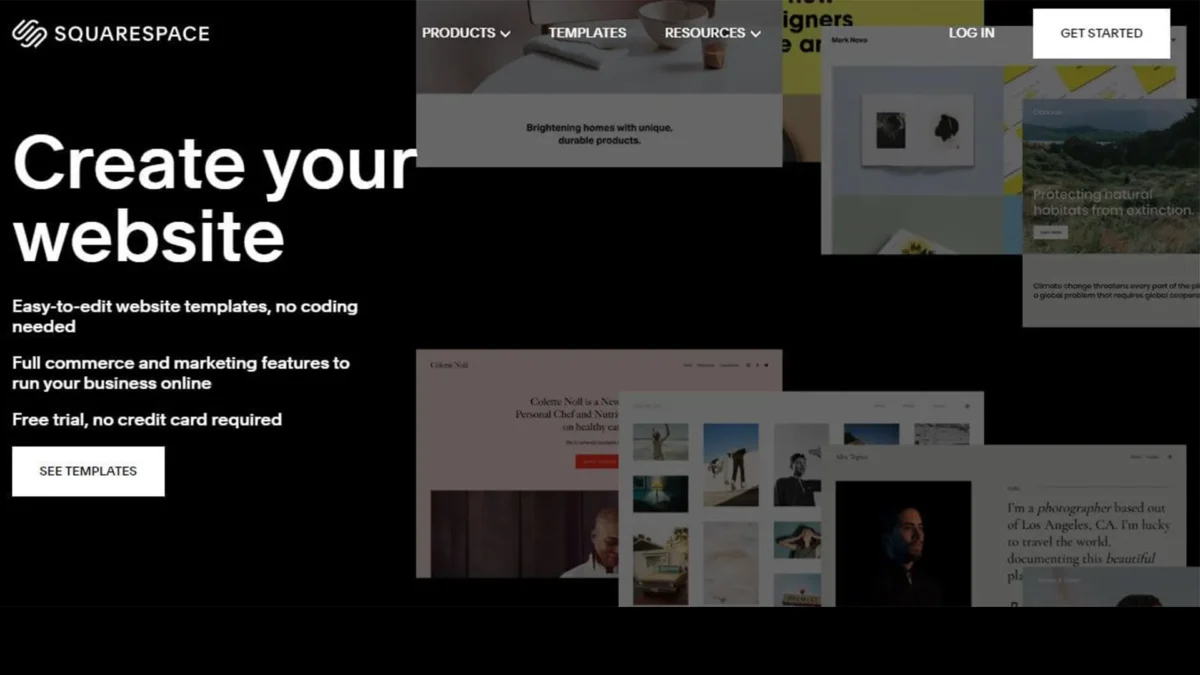
How to use keywords rankings the right way in 2025?
August 10, 2021Websites Design by Trophy Developers Newsletters
September 28, 2021How to Optimize Your Website for Your Customers to Buy, Donate, Subscribe, Signup, Call?
We are website designers in Uganda, this article was curated from the www.entrepreneur.com/article/187592 website to help you prepare your website for your business to grow.
Customers online tend to suffer from purchase anxiety more than customers offline.
It all begins with the customers – 9 tips
After all, when you buy something over the internet, it’s often an offer, a product that has more value and you have never seen before sold by a person you’ve never met before.
How to reduce purchase anxieties and objections with your offer online from your website?
1. Include proof that you value and protect their privacy.
Identity theft and credit card theft are the two biggest fears that limit and even prevent Customers from shopping online, according to the market research firm TNS.
Make sure you include a privacy policy on your website, reassuring Customers that you will never share their personal information with anyone.
In addition, process all purchases through a secure server, so that no other computers are ever able to access any of your purchase information.
You can go even further and include “security seals” on your site, reassuring visitors that you have done everything possible to protect their website from hackers.
Some of the more popular security seals/badges are VeriSign, TRUSTe and Hacker Safe.
2. Add testimonials, Recommendations, Reviews from authentic websites and social media links on your website.
Nothing reassures your website visitors like testimonials from real customers who can vouch for the quality of your offer, product, service.
And, yet so few business sites have testimonials.
Why? Because they don’t ask for them.
It can feel awkward to ask Customers to say nice things about your product or service.
But testimonials have so much trust-building power that you should go out of your way to get them.
When you request a testimonial, ask if it’s OK for you to include as much information about the testimonial provider as possible.
Along with the testimonial, include the person:
- First name
- Last name
- City
- Profile Photo
- Website URL link.
3. However, this much personal information isn’t necessary for every industry.
For example, if your business helps Customers dealing with alcoholism, eating disorders or similar problems, then your testimonial providers won’t want to reveal that much information about themselves.
In that case, a first name and initial is probably good enough.
We suggest you stick with the conventions within your industry.
4. Be specific on internet-less is more
When talking about statistics or results, always be as specific as possible. It makes your copy seem more credible.
For example, if you sell a weight-loss product, don’t say that it helped one client lose “more than 100 pounds.” Say that it helped her lose 107 pounds.
The more accurate you are, the more realistic your claims will be.
5. Citing a statistic? Include your source.
If you include statistics or other forms of industry information to back up the claims in your copy, be sure to cite your source of that information.
When you cite a reputable source of information, you borrow their credibility. And that builds your own credibility.
6. Include your contact information.
Imagine that you go to a website and find a product you want to buy, but you have a few questions you want to ask about it first.
Then when you look for some way to get in touch with the business owner, all you can find is an e-mail address.
Nothing screams “shady” like a lack of contact information.
Be sure to include your full name, street address, phone number and e-mail address and link to that information from every single page on your site.
You might even want to invest in a toll-free number.
By showing you’re willing to pay for customers to call, you prove that you’ll do whatever it takes to address their concerns this will naturalize objects from Customers calling
7. Include certification from reputable organizations.
If you belong to any professional or business organization, such as the certifying bureau, include a prominent mention on your “About Us” page.
Just make sure you don’t feature only local organizations; the internet is a global medium, and if you want to sell to international visitors, you have to come across like an international business.
8. Let your customers know who you are.
Customers want to buy from someone, not something.
So help them get to know you. Your visitors want to know something about you that relates to your industry.
How long have you been in this business? What made you get into it?
Why do you enjoy it?
Also be sure to include a photo of yourself on your “About Us” page, as well as a photo of your employees or the office where you work.
The effort you put into making yourself seem more real to your visitors will definitely pay off.
9. Follow up after the sale.
Purchase anxiety doesn’t end with the purchase. There’s another syndrome called “post-purchase anxiety.”
You can alleviate it by keeping your customers informed until your product is in their hands.
Your order confirmation page, confirmation e-mail, shipping information and receipt are all opportunities to let the customer know that you’re on the case.
Even better, you can use each of these to reassure customers that they’ve made a smart purchase.
You can re-state the benefits of the product or give them further information about it. Include your contact information again and state that you’ll answer all questions.
If you don’t already have these elements on your website, add them as quickly as you can. People are out there in full force right now.
Online sales for retailers in popular gifting categories will get a boost this season, with health and beauty up 23%, consumer electronics rising 20%, fashion up 19% and home furnishings growing 16% by the end of this year.
So make sure when customers get to your website, they feel confident they can buy from you.


![The Real Cost of Website Development in Uganda ([year] Guide)](https://www.trophydevelopers.com/wp-content/uploads/4018147a-web-design-cost-trophy-developers-zaina-office.webp)









